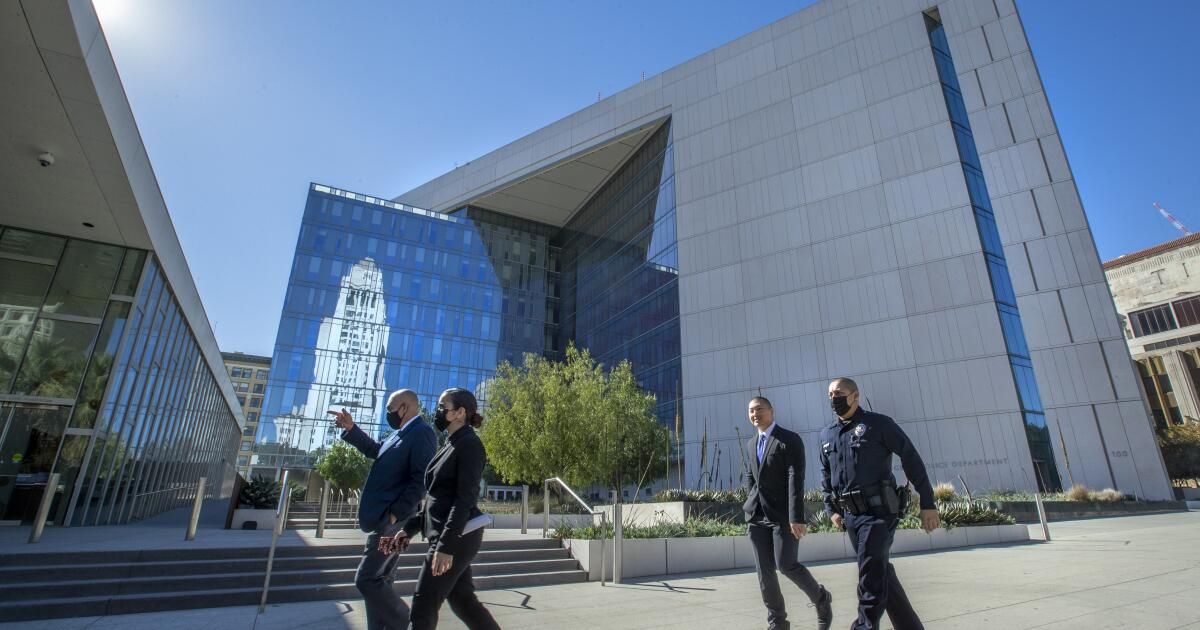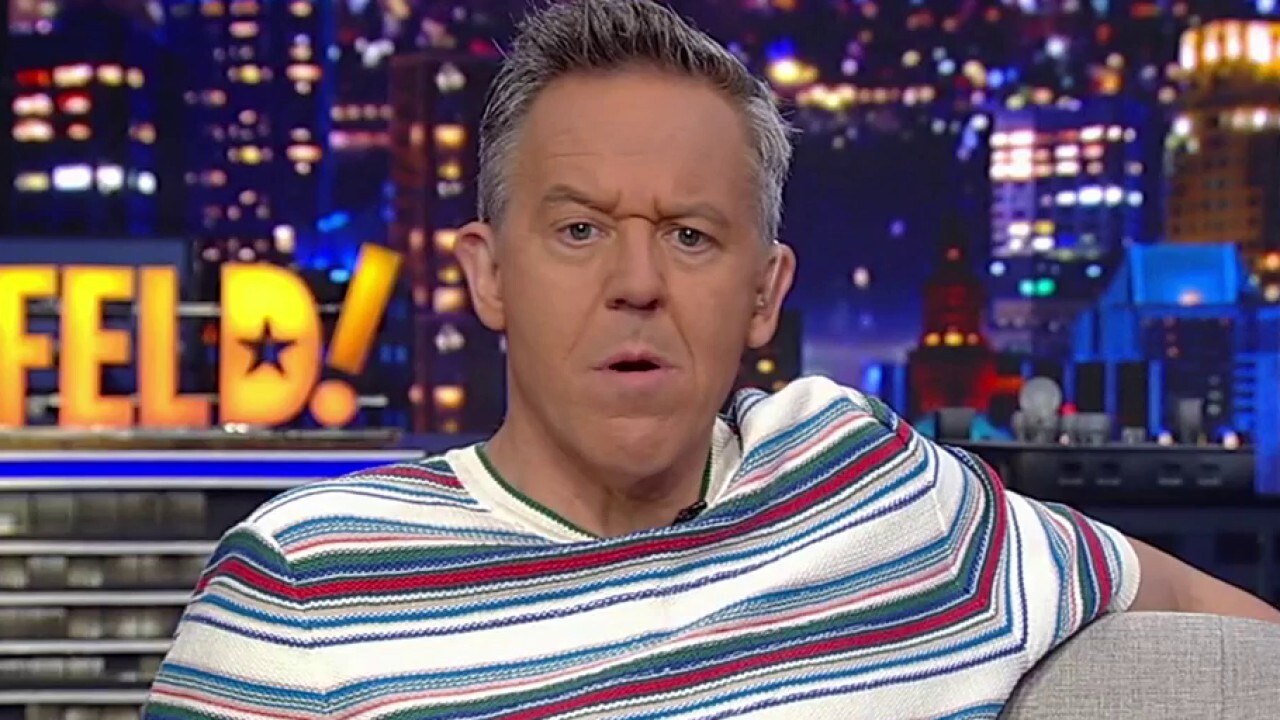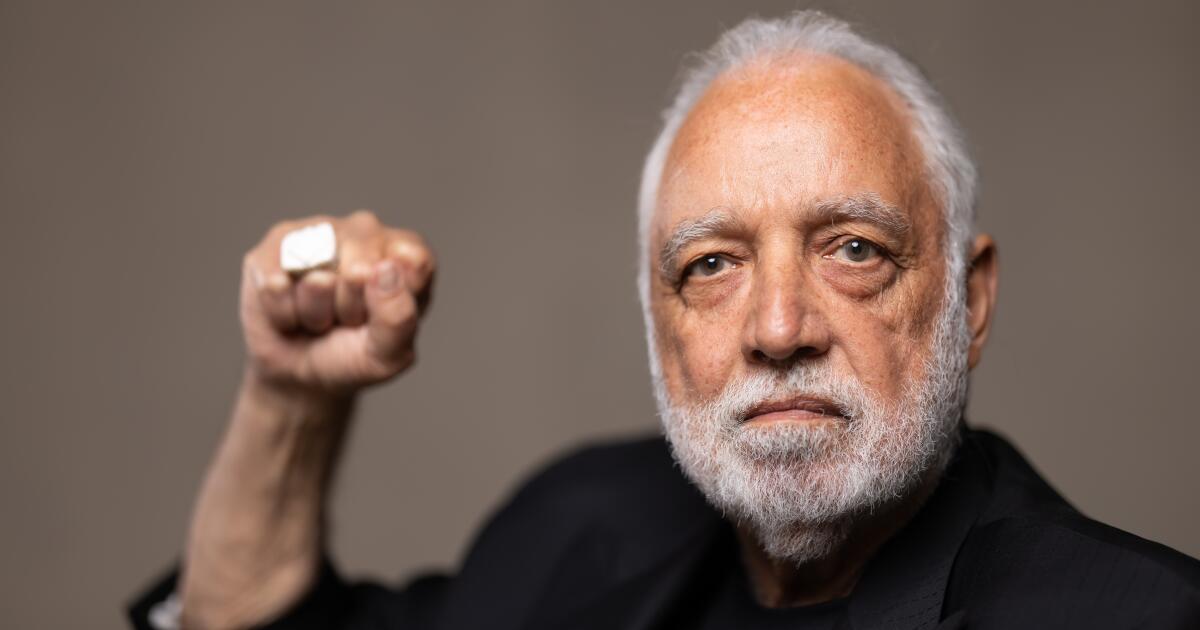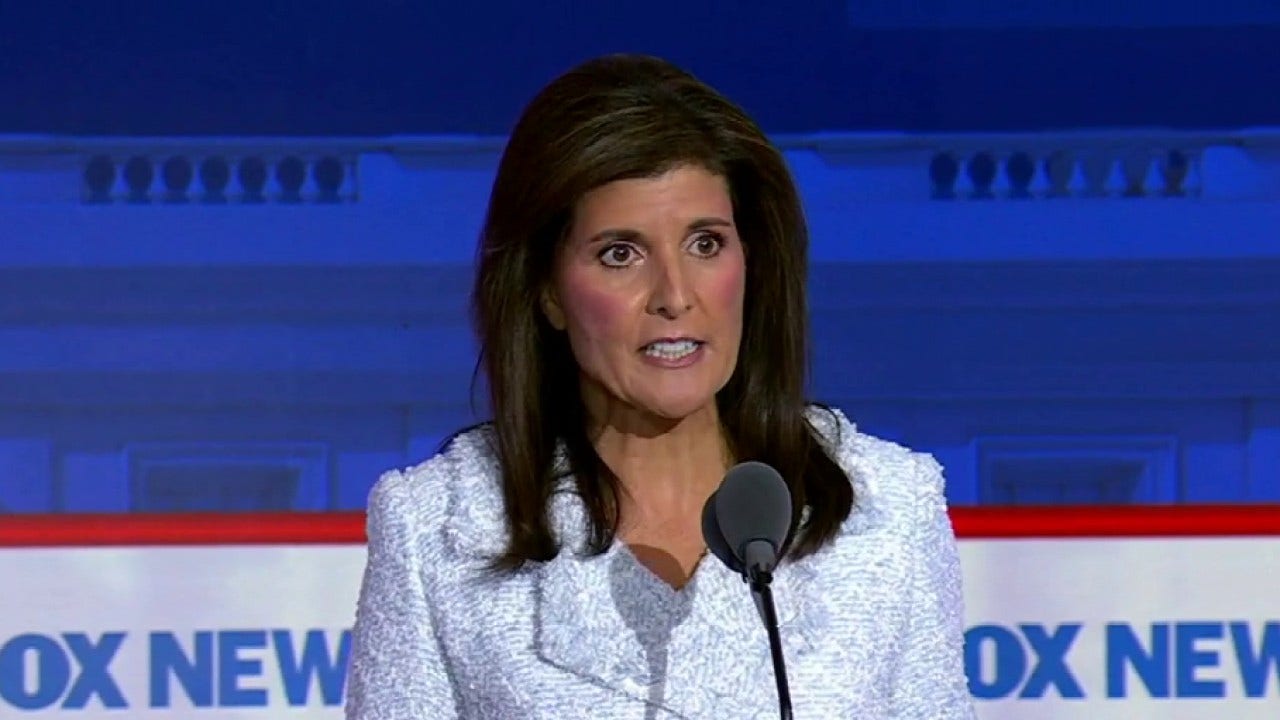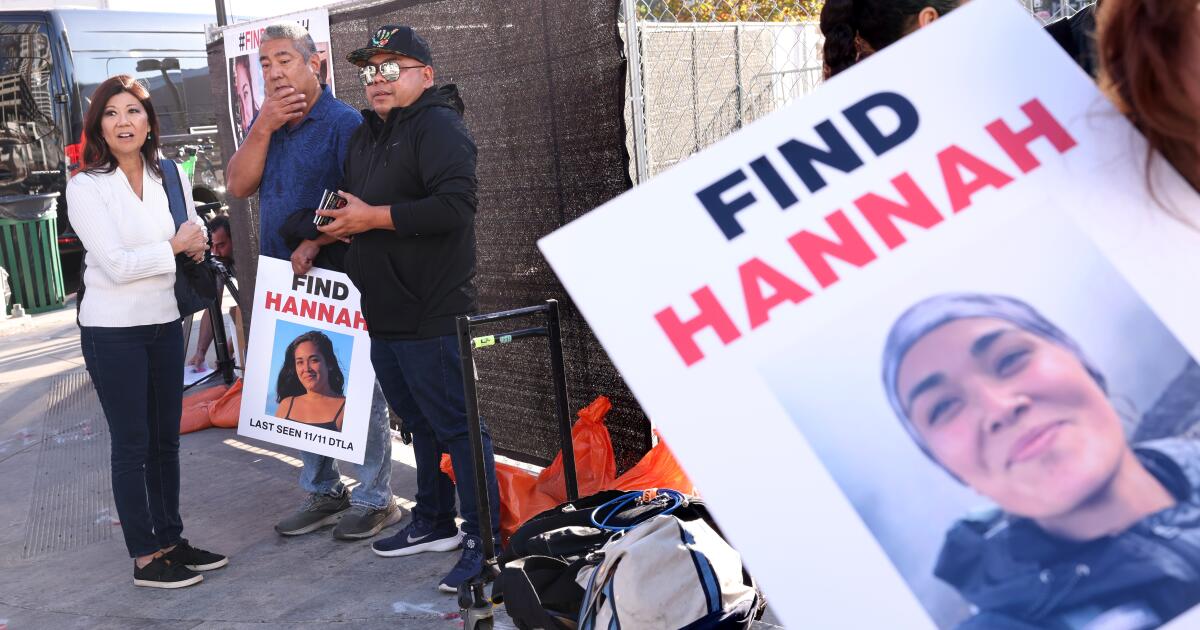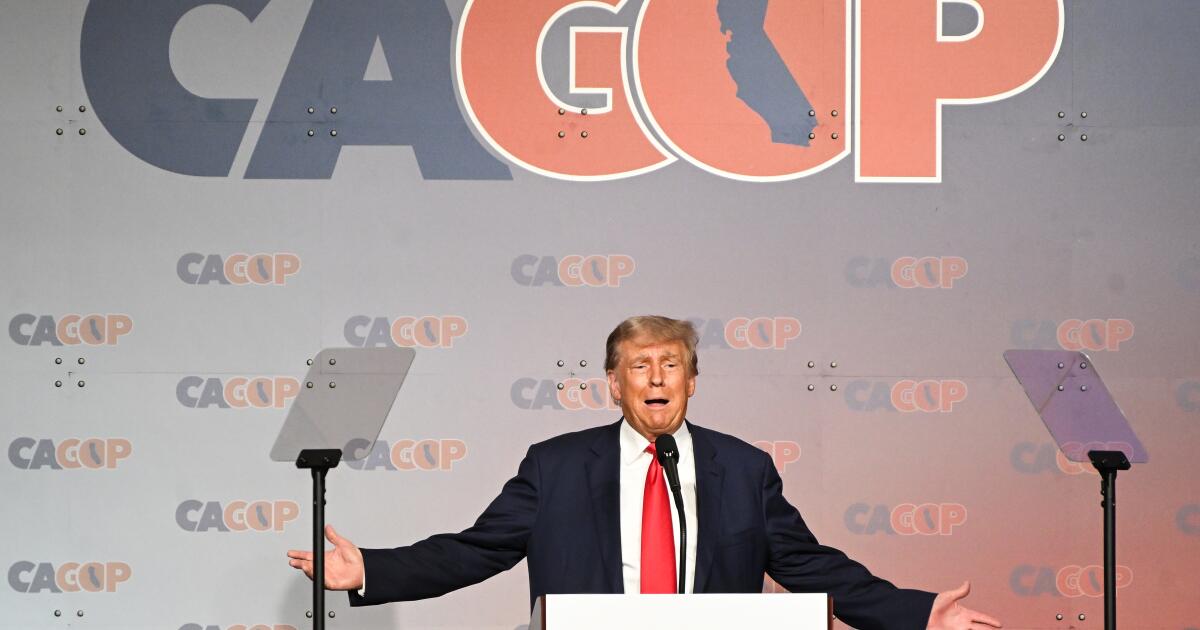With the deadline for filing ballot measures looming, the Los Angeles City Council remains divided over the language of a proposal that could give the police chief the power to directly fire officers for serious misconduct, among other reforms.
Some city officials support a plan that would give the chief authority to fire an officer for sexual misconduct, fraud, excessive force, workplace abuse and other violations covered by a state law, SB 2, that strips officers of his badge for such conduct. .
Other officials worry that limiting fireable offenses undermines a chief's ability to get rid of officers who have violated the public trust in other ways but whose cases do not fall under the decertification law. In either scenario, officials could appeal their dismissals, like many other public employees.
The debate threatens to derail at the last minute a long-standing effort to reform the system used to rid the Los Angeles Police Department of bad cops, which has come under heavy criticism in recent years when officers who were found guilty of serious crimes kept their jobs.
The council's proposal, which would require voter approval on the November ballot, would eliminate the option for officer disciplinary panels to be heard only by civilians, who tend to be more lenient in meting out punishments.
The full council is expected to vote on the issue Tuesday.
The original proposal was submitted last year, and some city and police officials expressed frustration over a lengthy process that has left decision-makers scrambling to finalize the proposed changes.
Councilman Hugo Soto-Martínez has questioned the use of binding arbitration for officers appealing their firings or suspensions, pointing to studies and testimony from municipal and police leaders across the country that show the results generally favor accused employees.
He said that unless the council can reach a consensus Tuesday, he would prefer to wait until next year to give city officials enough time to polish the ballot language.
“The current proposal would gut the most important part of this reform and lead to even more opportunities for officers who have committed egregious misconduct to evade accountability,” he said in response to questions from the Times. “These last-minute changes have council members, city staff and even our own attorneys confused. “It would be irresponsible to move forward without a full investigation of what we are presenting to voters.”
He continued: “Our office presented a plan to reform police discipline more than 16 months ago. Time and time again, we see the city wait and do nothing for months only to push through last-minute changes without transparency or public participation. “This is exactly why so many people don’t trust our government.”
Soto-Martinez, a former labor organizer, forged an unlikely alliance last year with council colleague and former police union attorney Tim McOsker, calling for reducing civilian participation.
But recently there have been signs of friction.
A heated debate erupted at Friday's meeting of the council's rules committee, during which McCosker and representatives from the LAPD and the city attorney's office argued over whether the draft truly reflected the council's intent.
McCosker, who favors using the SB 2 standard, said a chief could still recommend termination for other crimes, but it would have to go through the rights board process.
“I am deeply offended by the city attorney, for whatever reason, changing the intent of my motion and last night changing the language. “I am beyond offended that the city attorney is allowed here to change the substance of my motion and put words in my mouth,” he said, “and then use the argument that they will have a hard time defending themselves.” I'm sorry. It's going to be difficult to defend. Do you need another 300 lawyers?
Critics say the current disciplinary system lacks transparency and has seriously undermined accountability efforts.
The council's tentative plan, which would require approval by Los Angeles voters in November, focuses on civilian-only disciplinary panels, which review cases of officers accused of misconduct and decide whether they should be fired or face punishment.
“The bottom line is police accountability and transparency and holding officers to a higher standard and that's the main goal here,” Deputy Chief Michael Rimkunas of the professional standards office said in an interview.
Rimkunas and other top department officials have spoken out about several provisions of the council's most recent proposal.
The proposal would effectively reverse a 2017 charter amendment that gave officers the option of having their disciplinary cases heard only by civilians. Controversially, it would also move to an arbitration process that opponents say also favors the accused officers.

